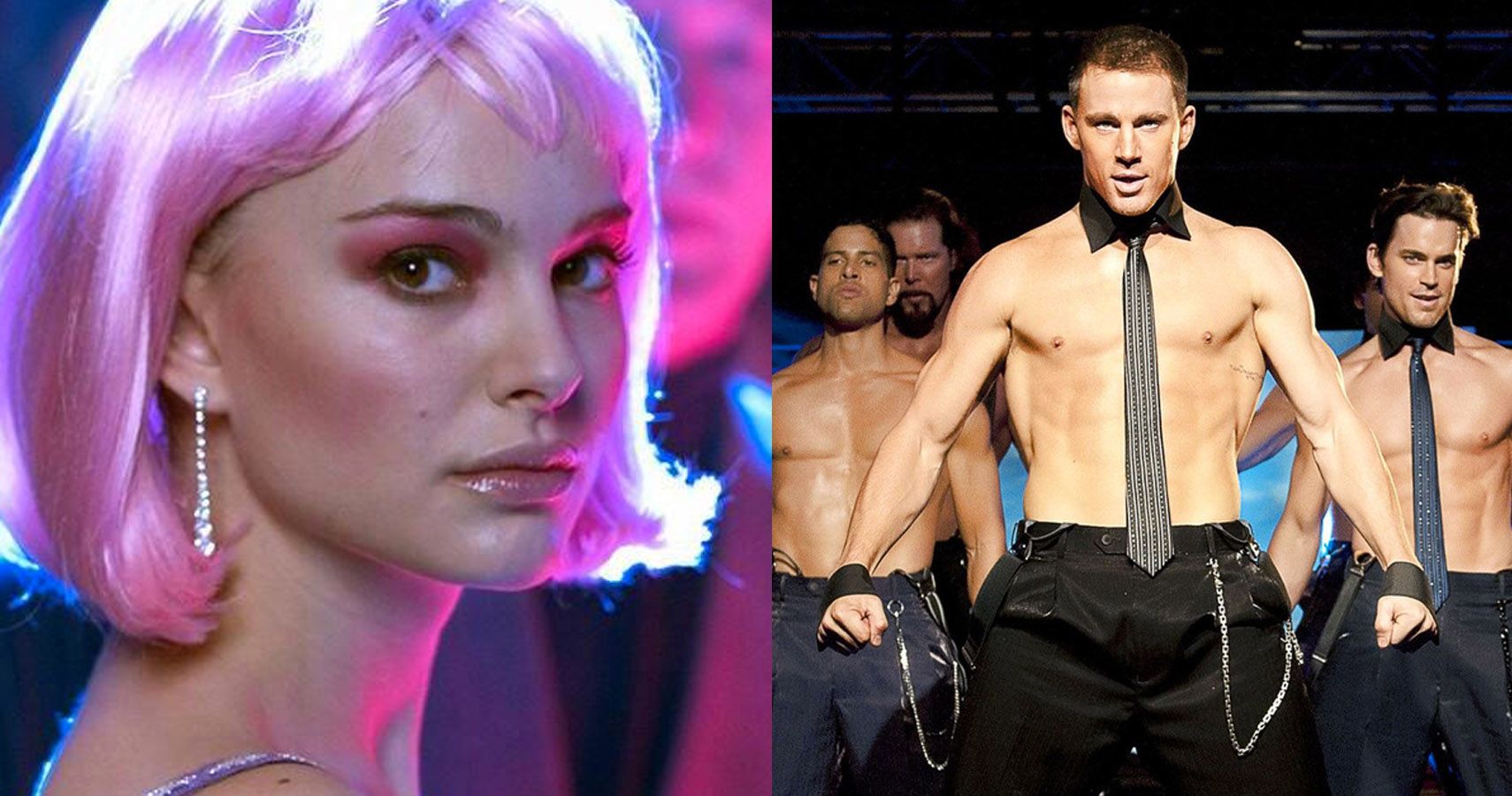
Except for the few who were considered eccentrics, weirdos and misfits, nobody was prepared for what was to come. The housing market was considered very stable. The banks were considered too big to fail. This was the case prior to the 2008 crisis too. It’s only when things start crumbling down that reality kicks in. When someone is repeatedly successful, people tend to believe that he is on a winning streak and that he would continue winning forever. In the movie, this is explained using the concept ‘hot hand fallacy’. When things are going really well, we like to go with the flow, and let our guards down. Sometimes we miss out the obvious things that are in plain sight, simply because we don’t like to believe bad things would happen.
#The big short stripper full
After acting on the lead they got and doing thorough research to get the full picture on the time bomb the industry was sitting on, they decided to buy swaps. They established that CDO’s were a budding atomic bomb. They did not leave a stone unturned and even came across a stripper who had multiple properties and several loans. They travelled around to find out what’s happening in the industry and spoke to retail bankers who bragged about the zero security checks on which they provided loans. When Mark Baum and his team receive the accidental call from Vennet, they could have simply dismissed it. That’s the only way to grab the chance to cash in on an opportunity. All these stories happen separately, but in parallel, and they all have one thing in common: they show us that identifying an opportunity is nothing without quick and decisive action. Then there is Mark Baum, the FrontPoint Partners hedge fund manager, who gets alerted about this opportunity through a misplaced phone call, and Charlie Geller and Jamie Shipley of Brownfield Capital who accidentally discover the marketing presentation of Vennet on a coffee table. But finally, he laughs his way to the bank. Most of them laugh him out of their offices. He decides to enter the market by trying to convince other firms to buy swaps and only pay him a fee when they start profiting from the failure of the underlying bonds. Unlike others, Vennel gets it quickly, and realises that he could make a fortune out of it. It is during one such party that Jared Vennet, an executive at Deutsche Bank, learns about Burry’s analysis.
#The big short stripper free
The bankers, certain that this is nothing but free money for them, celebrate. When the opportunity comes, grab it quickīurry doesn’t waste a moment to buy early credit default swaps from several bankers who, not understanding why anyone would bet against the housing market but seeing an opportunity for quick returns, even charge him substantial premiums. When the bubble finally bursts and the market collapses, Burry has the last laugh.Ģ. But Burry, less concerned with popular opinion than by his data, sticks to his decision despite the pressure, the accusations, the lawsuits and the ridiculing he is subjected to. His strategy takes everyone by surprise as the housing market is considered rock solid. With this data in hand, he makes the decision to short the housing market and to buy credit default swaps.


Whilst bonds are made up of thousands of mortgages, Burry fetches the entire data and goes through it all by himself, he converts the data into insights, and discovers that the mortgage-backed securities are filled with a highly risky subprime mortgage it’s a house of cards waiting to collapse. In the movie, Michael Burry, a hedge fund manager, gives a newly hired guy his first assignment: to identify each and every individual mortgages in the top-20 selling mortgage bonds. Look at the numbers, not a popular opinion
#The big short stripper movie
The movie offers quite a few insights for entrepreneurs.

Instead, it turns the lens to what led to the crisis and how a few men saw it coming. The Big Short, based on the book ‘The Big Short: Inside the Doomsday Machine’ by Michael Lewis, isn’t about the crisis itself. And that’s exactly what happened on a massive scale across the globe during the global financial crisis of 2008. In all likelihood, this is something you have experienced more than once: being utterly convinced in something that just wasn’t the case. It's what we know for sure that just ain't so” - The Big Short starts with this quote of Mark Twain. “What gets us into trouble is not what we don't know. This is what the 2015 movie The Big Sort shows us. Even when all is well with your business, even when your industry is booming and your profits are soaring, it pays to be on the vigil and look out for signs. Authors - Ajayya Kumar, Mohamad Abou-Zaki & Ghassan Khoury


 0 kommentar(er)
0 kommentar(er)
